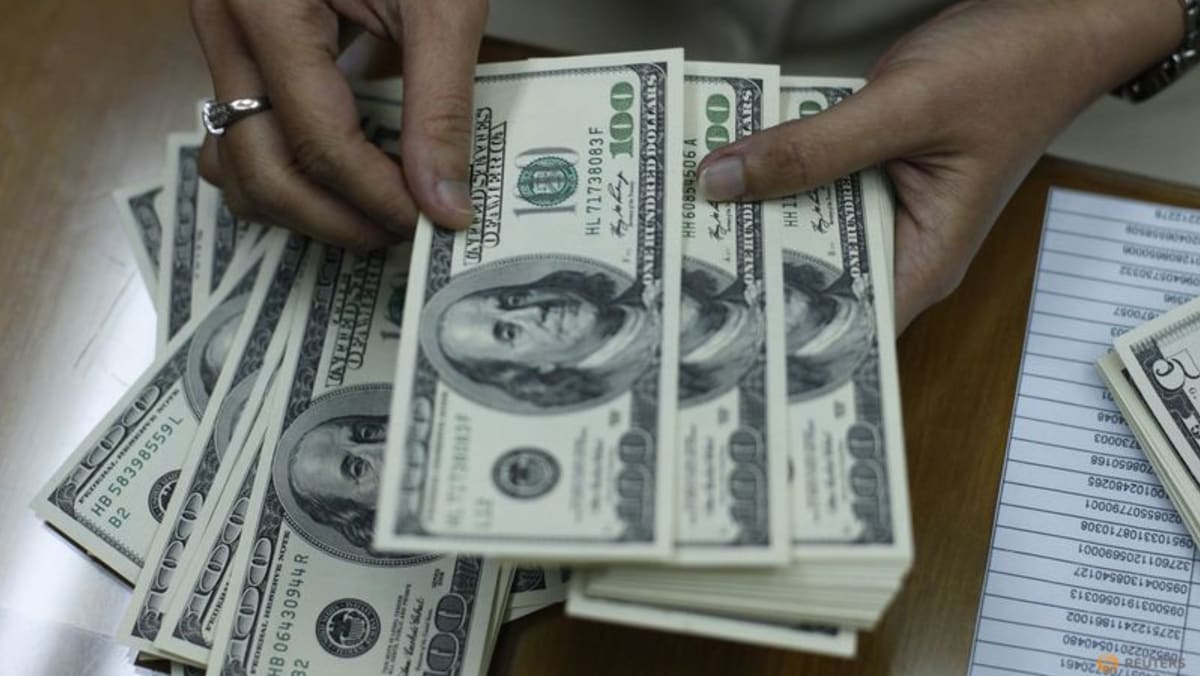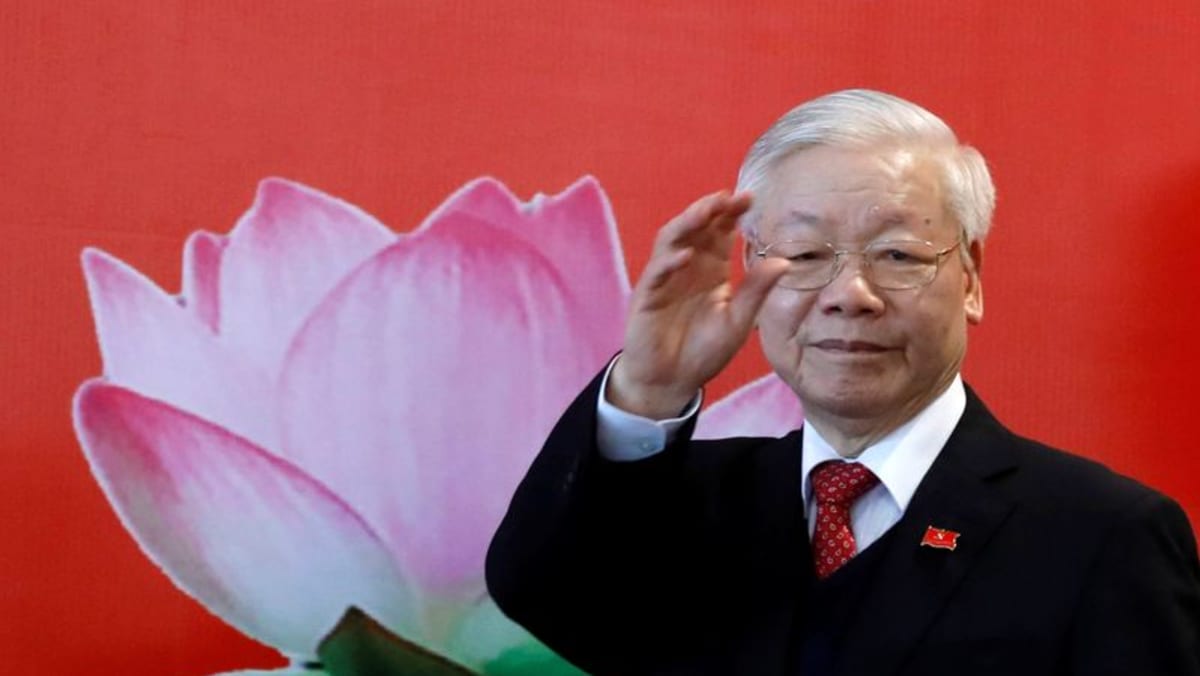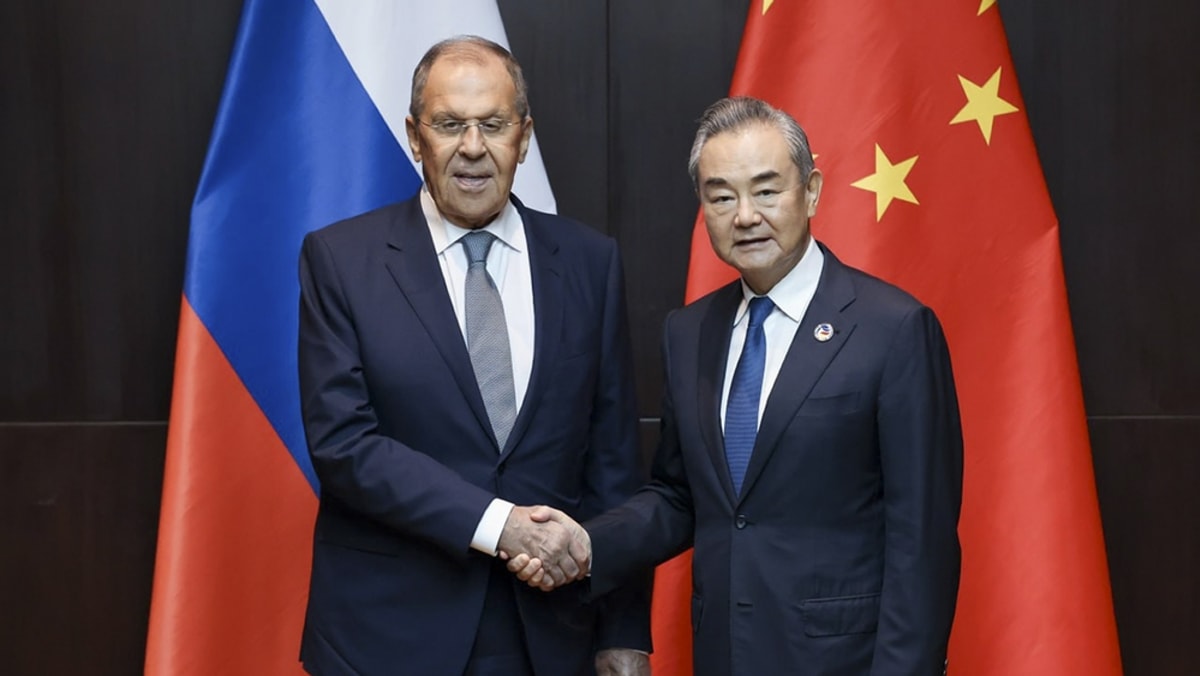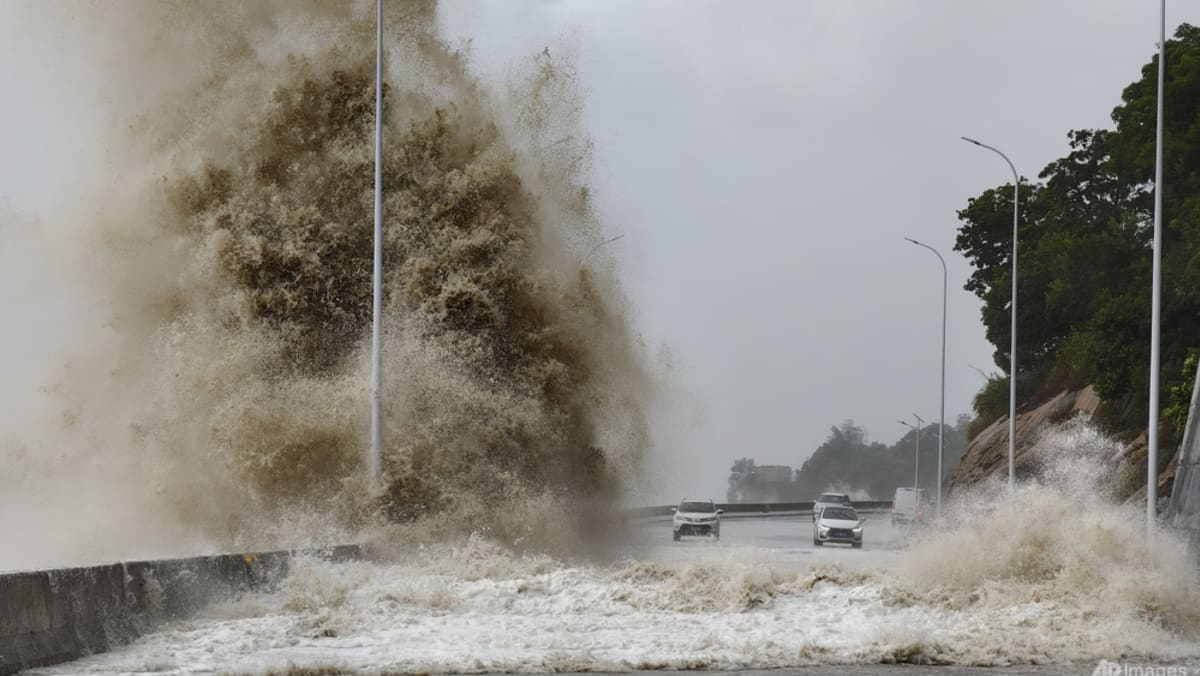POLITICAL POSTURING
Draft bills on cannabis have been circulating for months but there remains a lack of clarity or detail about how the Pheu Thai-led government will enact changes to the law.
The Ministry of Public Health has said more consultation needs to be done before a final bill is decided by cabinet and then proposed to parliament. Finer details will be determined by the Narcotics Control Board, Mr Srettha said, a committee he chairs.
But like in the community, cannabis is a divisive topic within the ruling coalition government itself – one of Pheu Thai’s partners, Bhumjaithai was largely responsible for ushering in the legalised cannabis era.
Former health minister, Bhumjaithai leader and deputy prime minister Anutin Charnvirakul removed cannabis from his ministry’s list of controlled drugs in 2022 and he has been vocal in the past week about a proper and formal review being done before any restrictions are re-enforced.
Delicate negotiations would have been ongoing within the ruling coalition about what the restrictions should actually be and to ensure the government does not fracture over the issue, according to Dr Yuttaporn Issarachai, a political scientist from Sukhothai Thammathirat Open University.
“I believe the relationship with Bhumjaithai is crucial here and that a certain level of talks must have already taken place before.”
“Despite the push to re-criminalise cannabis, I don’t think Bhumjaithai will be so affected that it would leave the coalition. We can’t forget that although the cannabis policy is from Bhumjaithai, particularly when Mr Anuthin was the health minister, the re-criminalisation is wanted by quite a lot of people,” he said.
Mr Srettha recently reshuffled his cabinet to position more strategic names into pivotal portfolio positions, moves that could help him push through his party’s political agenda.
The government has faced major policy headwinds in recent months, unable to yet make good on key election promises, including its digital wallet, a plan to stimulate the economy through a cash handout scheme.
Other populist policies like reducing electricity prices, suspending debts for farmers, and raising the minimum wage have also hit obstacles.
Cannabis is shaping up as an area for Mr Srettha to gain momentum, and win favour with conservative wings of the electorate.
“It’s (about) the ethics of average Thai voters,” said Associate Professor Paul Chambers from the Center of ASEAN Community Studies at Naresuan University, adding that community fears about the social impacts and damage from marijuana use have spiked as usage has grown.
Statistics point to cannabis use spiking over the past two years – among young people it is 10 times higher than before legalisation, according to the Center of Addiction Studies at Chulalongkorn University. Cannabis users in 2022 reached 11.1 million, the centre found.
Professor Paisan Limstit, a critic of the decriminalisation of cannabis, from the Health Laws and Ethics Center at Thammasat University, welcomed the prime minister’s firm stance.
He has previously lamented the social impacts of the decriminalisation of cannabis and said that the number of drug users has skyrocketed along with associated crimes and reputational damage to the country’s tourism sector.
“It is a good thing that the government should do. But there is still uncertainty in the matter of details,” he said.
There are likely to be influential economic factors for the government to consider as well. Taxing cannabis would provide huge windfalls to the government’s coffers.
For Assoc Prof Chambers, those economic benefits for a national economy still recovering from COVID-19 could be hard to resist, thus making cannabis unlikely to be eradicated completely.
“Mr Srettha is trying to follow through on Pheu Thai’s election campaign promises to get tough on the sale and consumption of marijuana. At the same time, he understands that marijuana is a commodity which might be good for the Thai economy,” he said.
“Profits will win out. One way or another, marijuana as a commodity will remain accessible to people in Thailand, perhaps just a little pricier. That’s all.”














